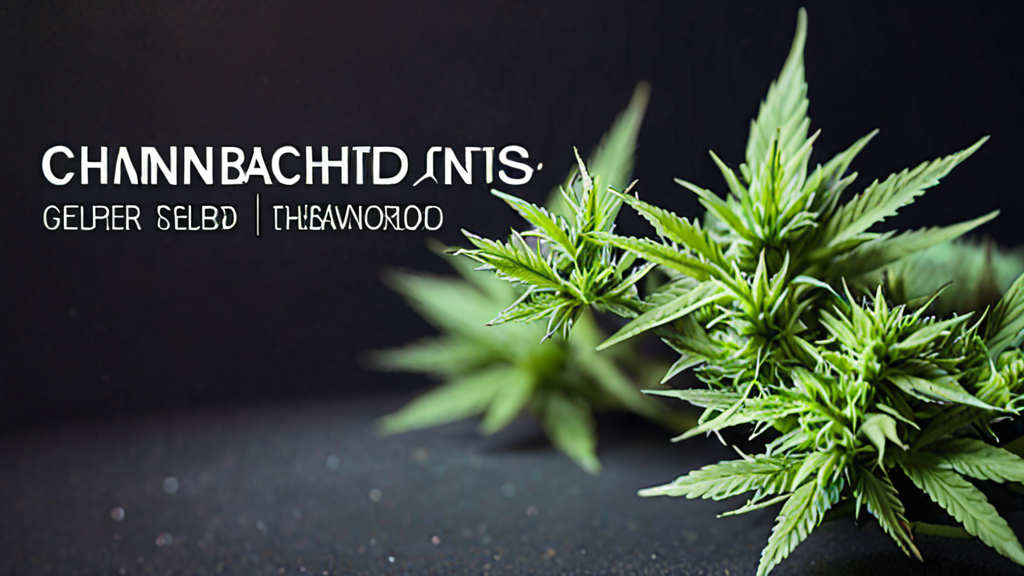Introduction
CBD and THC are two well-known components of cannabis. Although they share some similarities, they also have significant differences. In this article, we will explore in detail what CBD and THC are, how they differ, and what their legal status is in different countries.
CBD: Cannabidiol
CBD, or cannabidiol, is one of the most popular components of cannabis today. Unlike THC, CBD has no psychoactive effects, meaning it does not alter our mental abilities. Additionally, CBD has been shown to counteract the psychoactive effects of THC. This cannabinoid has gained fame for its therapeutic properties, especially in the treatment of refractory epilepsies and other disorders.
THC: Tetrahidrocannabinol
THC, or tetrahydrocannabinol, is the component responsible for the psychoactive effects of cannabis. Although it has been considered a banned substance in many countries, THC also has medicinal properties. It has been used to relieve pain in chronic patients and to stimulate appetite in people undergoing chemotherapy.
Origen de CBD y THC
Both CBD and THC are found in the cannabis sativa plant. However, CBD can also be found in the hemp plant, which is a variety of cannabis with low levels of THC. Although CBD was traditionally only found in hemp, cannabis strains have now been developed that produce high levels of CBD and low levels of THC.
Effects on the body
CBD and THC interact with the human body’s endocannabinoid system, but their effects are different. While THC affects parts of the brain and produces psychoactive effects, CBD does not alter our mental abilities. The effects of CBD include muscle relaxation, seizure reduction, and decreased anxiety. On the other hand, THC has psychoactive effects and narcotic, relaxing and anti-inflammatory properties.
entourage effect
The entourage effect refers to the synergy between the different compounds in cannabis when consumed together. It has been observed that the positive effects of a cannabinoid are enhanced when combined with other plant compounds. Therefore, consuming CBD together with other cannabinoids and terpenes can improve the body’s assimilation of the properties of cannabidiol.
Legal status of CBD and THC
The legal status of CBD and THC varies by country. Until December 2020, cannabis and its cannabinoids were classified as prohibited substances under the United Nations Single Convention on Narcotic Drugs. However, in 2020, the United Nations Commission on Narcotic Drugs reclassified cannabis, allowing its use for medicinal purposes. Despite this change, the legality of cannabis and its cannabinoids continues to depend on the legislation of each country.
Legal status of cannabis in Europe
In Europe, the cultivation, sale, transportation and consumption of cannabis with THC levels above 1% is prohibited in most cases. However, some countries allow the cultivation, sale and consumption of cannabis with low levels of THC and high levels of CBD. Legislation also varies depending on the use (medicinal or recreational) and the form of consumption (flowers, tinctures, extracts, etc.). The legal situation for cannabis in Europe is complex and extensive, and can differ significantly from country to country.
Conclusion
In summary, CBD and THC are two important components of cannabis with different properties and effects. While CBD has no psychoactive effects and has been used successfully in the treatment of various conditions, THC is responsible for psychoactive effects and also has medicinal properties. The legal status of cannabis and its cannabinoids varies by country, and it is important to know the local legislation before consumption.
